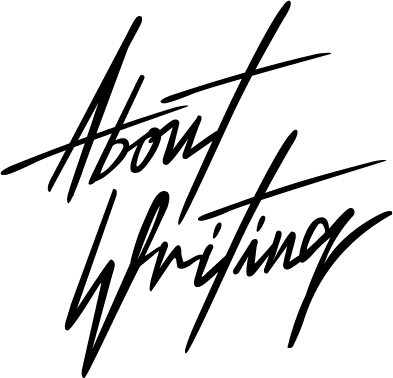
Your writing is more cluttered than you realise. Mine, too. I know because I see it every time I read through and edit. When working through our first and second drafts, be on the lookout for everything that doesn’t need to be there. Be succinct in your writing, focus on one flower instead of the entire garden, and your message will become clearer and stronger.
This isn’t about minimalism. In all genres and styles of writing, clearing the clutter is essential. It’s all about removing what doesn’t need to be there. Sometimes, a long and detailed description is necessary for the plot or character, and that’s different. This post will focus on phrases and words, which an editor will find and remove when line editing.
Cut the ‘nothing’ words to be succinct in your writing.
Consider the adjective ‘personal’. A personal friend of hers. His personal accountant. The word ‘personal’ is doing nothing in these sentences. A friend of hers. His accountant. These edits would never influence the style of the writing. It doesn’t unrecognisably change a writer’s creation. It only improves it.
In my editing, I’m always searching for words relating to ‘now’, like ‘currently’ and ‘present time’. Why write, “At the present time, we are experiencing precipitation.” You can just write, “It’s raining.”
‘Experiencing’ is a word to avoid too. “Are you experiencing any pain?” I read this example in a writing advice book years ago. As I recall, the author wished his dentist would simply ask, “Does it hurt?” instead.
The language of clutter is the language of business and politics. A company isn’t broke; it’s experiencing a current position of negative cash flow. That poor area of town isn’t a slum, but a depressed socioeconomic area. People use this language to mislead or hide.
Verbose writing will cloud your message.
This should tell you everything you need to know. Whatever you’re writing, you want to get your point across. Besides being specific in your writing, you need to be succinct too. By removing words and phrases that do nothing, you will increase the clarity of your prose. This advice doesn’t care about your genre, style, or point. It works.
One exception to this rule, I find, is dialogue. Remember that most rules don’t apply when we’re writing dialogue. It may suit a character to say, “At the present time, we are experiencing precipitation.” It says something about the person, and it’s, therefore, crucial to the character, the story, and the book, so it DOES need to be there.
Use your judgement. It’s up to you. Most writers can cut 50% from their first drafts without it affecting anything except the length. Writing with economy isn’t about minimalism. It’s about writing well. Be succinct in your writing and put every single word to work!
